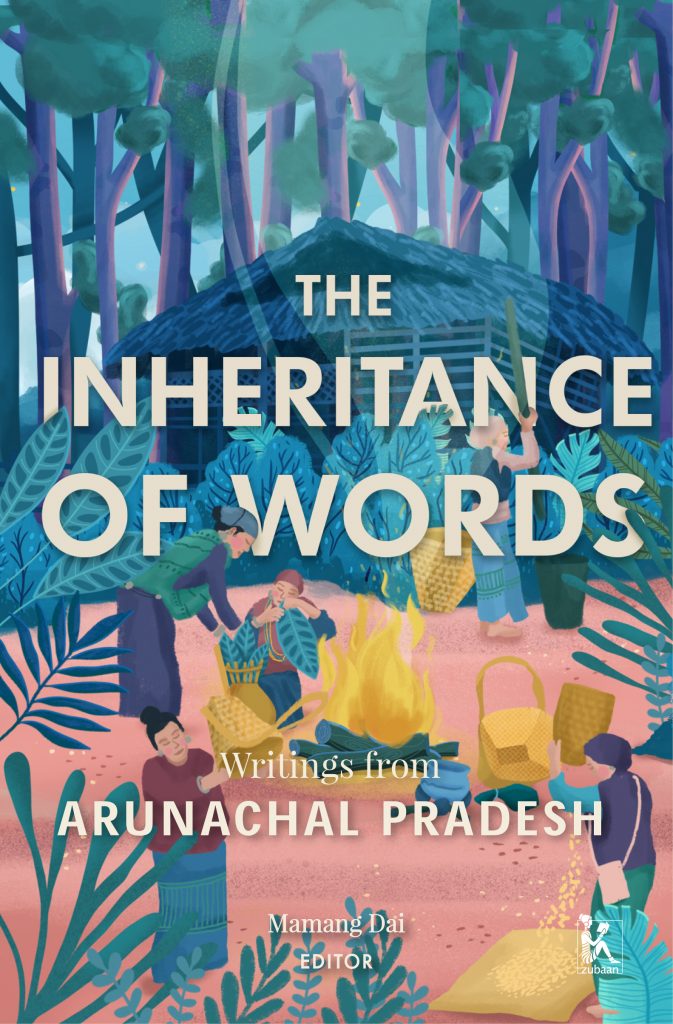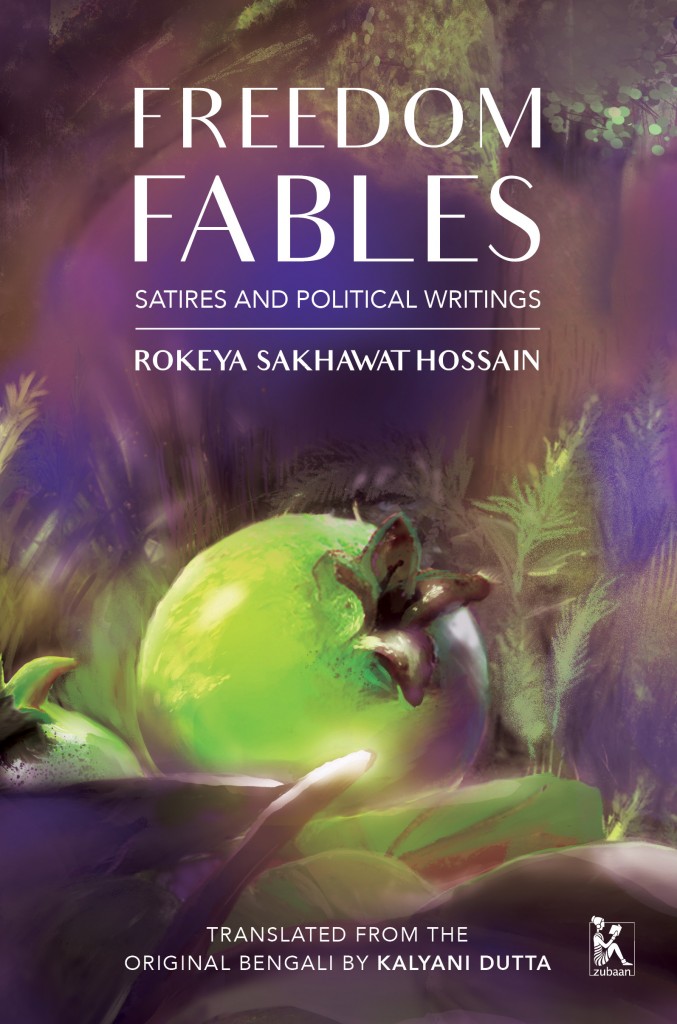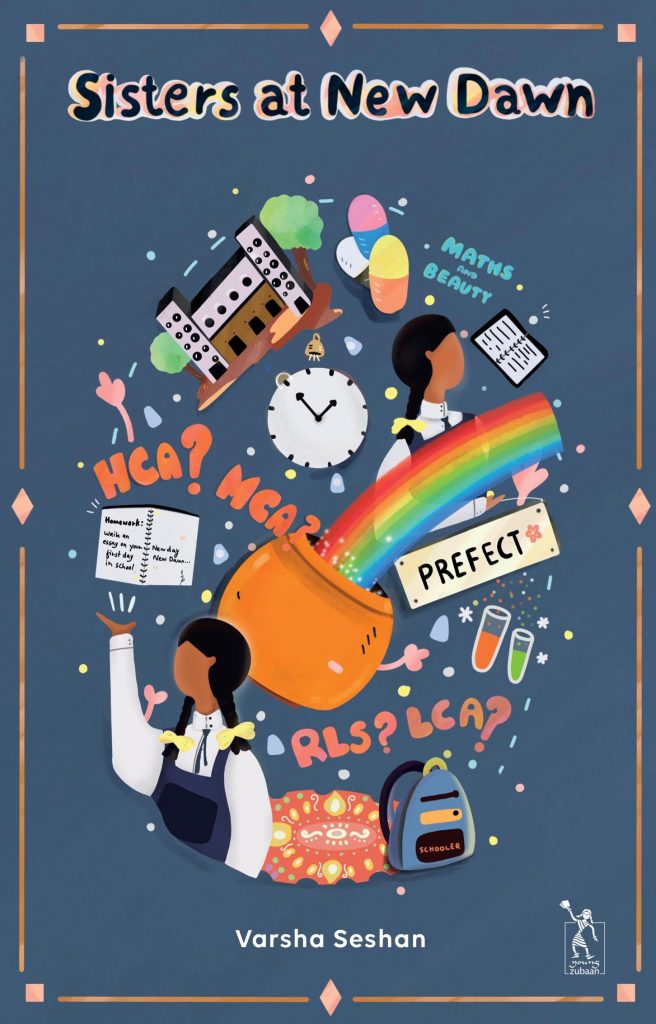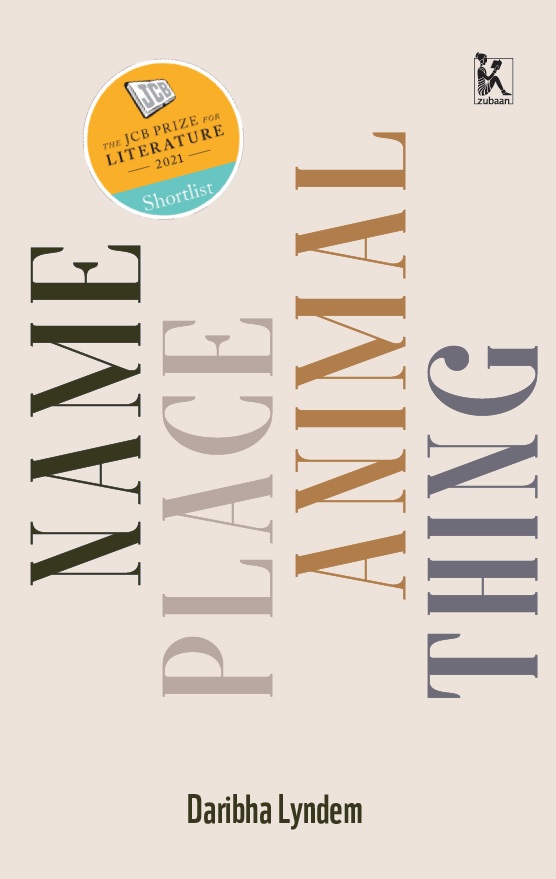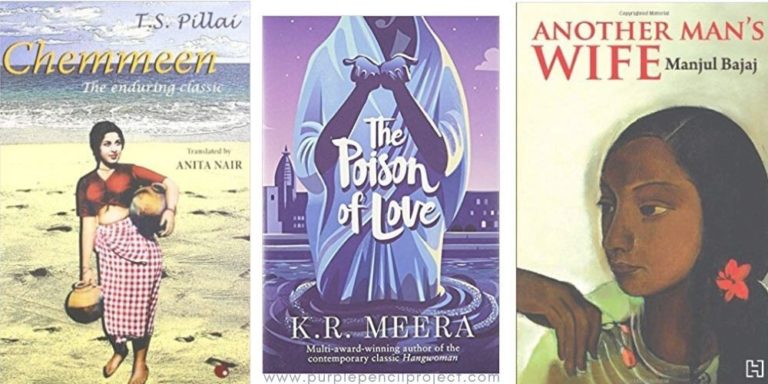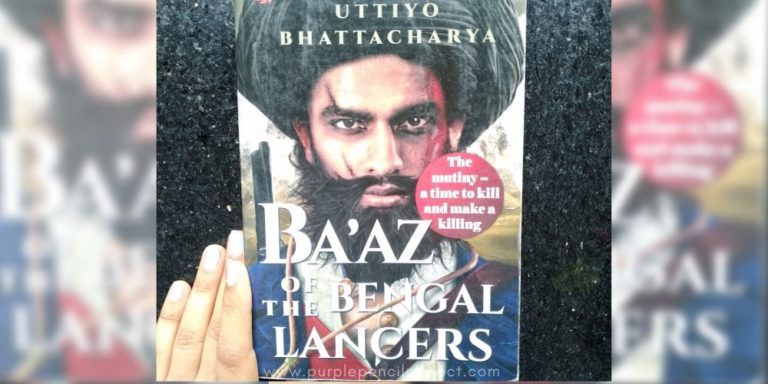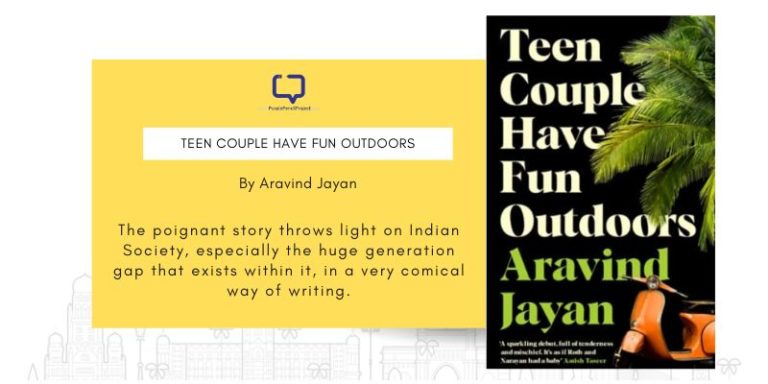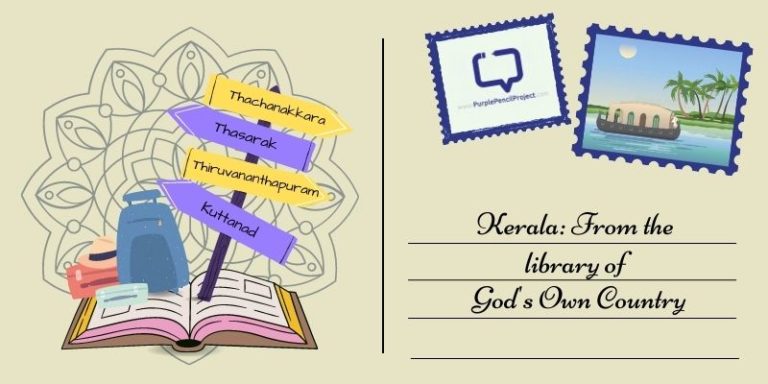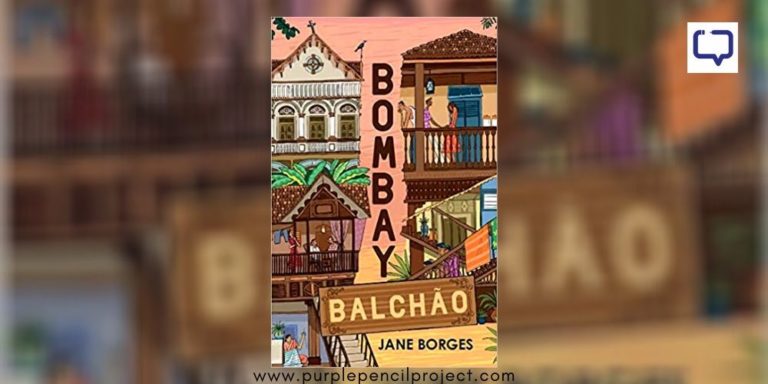Prakruti Maniar speaks to Urvashi Butalia, Founder of Zubaan Books, over email about the strategies and considerations involved in managing an independent press, the state of publishing in the various Indian languages, and more.
Excerpts.
I have been very intrigued by the stories outside the radar of the urban educated classes. With both Kali and Zubaan, how intentional are you in finding these stories? How do you scout for them? What are the challenges in doing so with the linguistic differences of our country? How do you work around them? You have mentioned before how it is a challenge to get writers to even find their words. What approach do you take as you do set on this uphill task?
Urvashi Butalia: We’re totally committed to bringing to public attention, publishing the voices of those who have traditionally been excluded. Our publishing cannot be feminist if we look only at privileged, English speaking, upper class and upper caste writers. How do we seek out the kinds of voices we want to publish? It’s not easy, often people have things to say, they write, but they believe their works will not be accepted and they hide them away; sometimes they – in particular women – have to battle with their families, their partners, to be allowed to write.
Our search for such works requires working with writers and editors who belong to such sections of socially excluded people, of looking beyond what is most obvious, of working with sensitivity and care, recognizing that with newer voices will come newer forms of writing and that the battle therefore is not a singular one but has to be fought on many fronts.
Because of our roots in the women’s movement we are fortunate to be connected to many groups on the ground, the kind of writing we publish is political and having connections and roots in the movement helps to source such work. And sometimes we are lucky and people will send us their work. Of course this kind of search means working across language, caste, class, region, religion, location but that is what makes it so exciting.
What are the challenges that come with, the way I see it, representing feminist indian publishing at the global stage? Do you think you always have to explain the context of the subcontinent when answering?
Urvashi Butalia: There are always challenges: getting out feminist literature or writing from the Indian languages into international languages is tough, sometimes the quality of translations is not so good, sometimes the context is too far removed from that of the market into which it is going.
But also a major challenge is to be able to deal with the parochialism of markets and the complacency of the privileged who think theirs is the only world and who are not open to other voices, other worlds. In many ways the international market mirrors the mainstream English speaking market in our own country – there is a resistance to new stuff, a sort of ease with familiar things, which means basically mainstream things. This is a challenge, it’s also a pity because we are the poorer for not encouraging biblio diversity. And because our literatures have not had so much exposure internationally, people do not have a curiosity about them, this makes for an inhospitable environment in which to try and introduce different voices.
Publishing, as the traditionally primary medium of carrying many voices, plays such an important role in our socio-political sphere. In our current climate, how do you make strategic decisions about this role?
Urvashi Butalia: Yes, always, our decisions about what to publish and who to publish are always strategic.
We try to be as inclusive, as non mainstream, as diverse as possible. And as political. This means we will publish books on the Northeast, on Kashmir, we will publish dalit and trans and queer voices, we will publish from the languages and so on. It’s not always easy to do this, especially given the prevailing climate, but then we are not out there in the world and are not so well known so I suppose we get by. It’s important for us to be true to our beliefs in our work, so I would hope that we will continue to do this for as long as possible.
You have said before that back when Kali was publishing in Hindi, it was the wrong moment for the market. Do you think that has changed?
Urvashi Butalia: Yes, actually it wasn’t the wrong moment for the market, I think the Hindi market has always been open, but it was the wrong moment for us in Kali, we did a few books, but we actually had no knowledge of the market – at the time the distribution outlets for Hindi books were different and we did not know how to work in them. Things have changed a lot today, and Hindi publishing is thriving, and Hindi publishers are doing all kinds of interesting books. It would be great if we could get into this market, but now I feel that all of them are doing this so well, that perhaps there’s no need for us to enter the market, if we can just collaborate with Hindi publishers and perhaps do books jointly, that could be something of interest.
What is your understanding of regional language markets in India? Are there some books you are waiting to get translated under Zubaan, or some dream works that you wish to translate (from regional Indian languages)?
Urvashi Butalia:
So you know one thing I never do is to speak of Indian languages as ‘regional’ languages. I feel when we use that word we subconsciously have in our minds is the division people often make between English’ – seeing that somehow as a national language – and regional. So my first thing would be, please don’t use that word.
Our languages are Indian languages, that’s all there is to it. And the Indian language market is very variable: in some parts of India it is vibrant, rich, so diverse, and with such strong voices, in others not so much. So for example Tamil, Malayalam, Hindi, Marathi, Bengali, Gujarati, Assamese – all of these language publish many interesting and new things. Not many of these get picked up for the English market, and I think English publishing is the poorer for this.
It’s also that in our country there are no funds available for translations so we have lost the wealth of our languages and the possibility of a vibrant culture of translation does not exist. It’s tragic, but the truth. And yes, there are many books from the Indian languages that we would like to bring into Zubaan’s stable. But we need money to be able to pay the translators properly and that is a luxury many independent publishers don’t have. There are no backers for feminist publishing, so survival is always an issue.
One thing, on stories from minority or marginalized voices, is how easy it can slip into the story becoming the identifier – this happened with Dalit writing for a while, when life of the the Dalit struggle was all that would be written about, in fact or fiction. Do you see this happens?
Urvashi Butalia: I actually don’t think that’s correct. I think many of the early Dalit writings created a new genre of writing, one that the mainstream needs to learn to read and understand in its own terms. The writer Bama described it as faction – a mix of fact and fiction, a story of your life which becomes the story of the community. You know that so often in writing these days, there is a blurring of genres, the proximity of literature and history is well known, no one really knows any longer if there are rigid lines between ‘fact’ and ‘fiction’… so I would say it’s really important to understand this kind of writing in its own terms, rather than expecting it to be something else.
That said, the burden of being a representative of your community or your identity that sits on writers for whom that identity is strong – and it can be a caste or an ethnic, or any other kind of identity – then you’re always only expected to speak that language. That’s so unfair.
I have read the story about the Hindi book, Shareer ki Jankari, from Rajasthan, which has sold 70000 copies, but, you said in your interview with Granta – only through the network of NGOs.
This made me think of, well something I have observed only from a distance, about the distribution network of stories in India, and how it is not as linear as in the West. What are the other channels you think are or should be employed in, well, spreading the word, about books?
What role do you think tech can and is playing?
Urvashi Butalia: Yes, you’re right, there are so many ways of distribution and dissemination that are not the usual distributor-wholesaler-retailer model. In the early days Hindi publishers, especially Hind Pocket Books had book clubs which had a membership that went into hundreds of thousands and they would send out books to all their members. Then the Sahitya Pravartak Cooperative Society in Kerala, set up by writers (it’s now defunct I think) used jathas, processions, and boats and cycles to distribute books, in Maharashtra there was a movement called Granthali whereby intellectuals and others took truckloads of books into rural areas and they would have discussions with people and sell books.
Then there are large numbers of NGOs who produce wonderful material that they share through workshops and meetings and exhibitions and so on. The internet has made changes of course, not only in the ways books are distributed (so Flipkart and Amazon) but also in the way they are read and talked about, so I am not at all sure the old distribution models, or even the old styles of books, will work any more. With tech you can reach audiences, get to know them, cater to them, publicise books online, have discussions etc put up covers, create events, or instagram stories or author chats and so much more. Basically you can build up and sustain a buzz about x or y book and that has to be good.
I always am curious about the reader-selves of everyone in the literary system. What books did you grow up reading/some of the earliest stories you remember hearing or reading?
Do you have ‘candy reads’ on your list, or the bandwidth to read lighter genres and themes? Or does work keep you firmly entrenched in the story of society and women?
Urvashi Butalia: I read widely as a child, and grew up reading both English and Hindi books – from Little Women, to Heer Ranjha to Premchand and Nehru and Mahadevi Verma and George Eliot…. There was a time I could not go to sleep without reading a book, some pages of it I mean. As for ‘candy reads’ – I don’t know, but I have always been an enthusiastic reader of thrillers, in fact there used to be a group of us, friends, all feminists (sometimes their spouses entered the picture too) who would coordinate our purchasing of thrillers so we could share them. Earlier I read men and women writers – I’ve read the entire Modesty Blaise series at least three times but have not yet been able to read the story in which she dies because I don’t want to believe it – but in recent years all my favourite thriller writers have been women.
I cannot help but ask for recommendations. Who are some of the lesser known Indian and global writers you think have written powerful stories and should be read more widely?
Urvashi Butalia: Far too many of them – and several that we have published. This is a question you should never ask a publisher as she will only recommend her own books. I love pretty much every single book we do, so why not just take a look at our catalogue!
Scroll up for some of the titles from Zubaan, and head to their website to check out their full catalogue.










